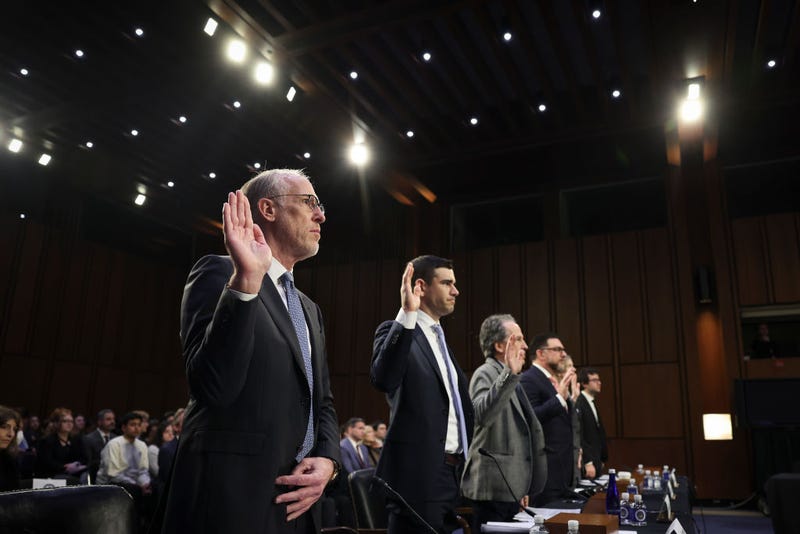
In 2022, Taylor Swift fans across the country were left frustrated and angry over problems that plagued the purchase of tickets for her blockbuster Eras Tour from Ticketmaster.
That high-profile snafu led to a Department of Justice investigation into the company’s practices and perceived stranglehold on the ticket industry, and Thursday, the DOJ, in conjunction with 30 states, filed an antitrust suit to break up Live Nation, Ticketmaster’s parent company.
The suit accuses Live Nation of holding a monopoly over the concert ticket industry.
“We allege that Live Nation relies on unlawful, anticompetitive conduct to exercise its monopolistic control over the live events industry in the United States at the cost of fans, artists, smaller promoters, and venue operators,” said Attorney General Merrick Garland in a statement. “The result is that fans pay more in fees, artists have fewer opportunities to play concerts, smaller promoters get squeezed out, and venues have fewer real choices for ticketing services. It is time to break up Live Nation-Ticketmaster.”
In their own statement, Live Nation called the DOJ’s claims “absurd.”
“The DOJ’s complaint attempts to portray Live Nation and Ticketmaster as the cause of fan frustration with the live entertainment industry. It blames concert promoters and ticketing companies—neither of which control ticket prices—for high ticket prices. It ignores everything that is actually responsible for higher ticket prices, from increasing production costs to artist popularity, to 24/7 online ticket scalping that reveals the public’s willingness to pay far more than primary tickets cost,” said Dan Wall, Live Nation executive vice president for corporate and regulatory affairs.
Since the merger of Live Nation and Ticketmaster in 2010, the new joint entity now controls about 80% of ticketing for concerts at major venues.
Among the claims made by the DOJ and states in the suit, according to a report by CNBC, the company is accused of “maintaining a self-reinforcing business model by capturing fees and revenue from concert fans and sponsorships, which it then uses to lock artists into exclusive promotion deals that give the artists access to key entertainment venues across the country. Live Nation then uses that dominance to lock new concert venues into long-term exclusionary contracts, thereby restarting the cycle, the lawsuit claims.
“Live Nation is also accused of threatening financial retaliation against potential competitors and venues that work with rivals; strategically acquiring smaller and regional competitive threats; and exploiting a relationship with venue partner Oak View Group, flipping the latter’s contracts over to Ticketmaster and discouraging competition in concert promotions,” the report continues.
Live Nation just reported its “biggest Q1 ever” with a 21% increase from the first quarter of 2023. Shares in the company are down 5% since the announcement of the antitrust suit.
